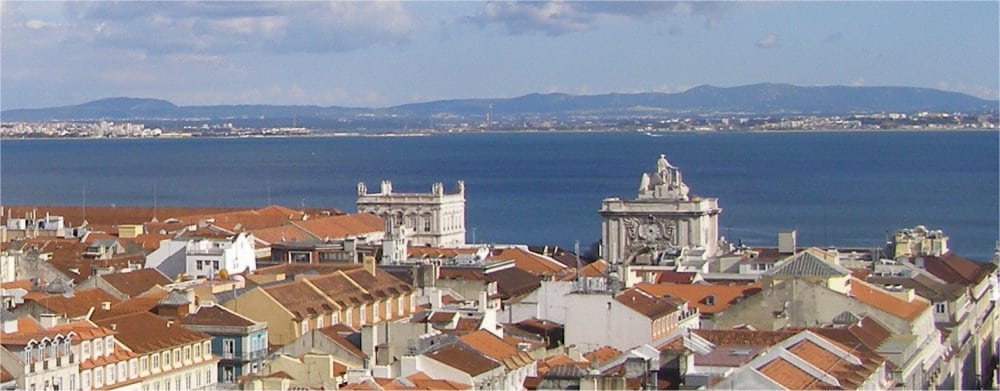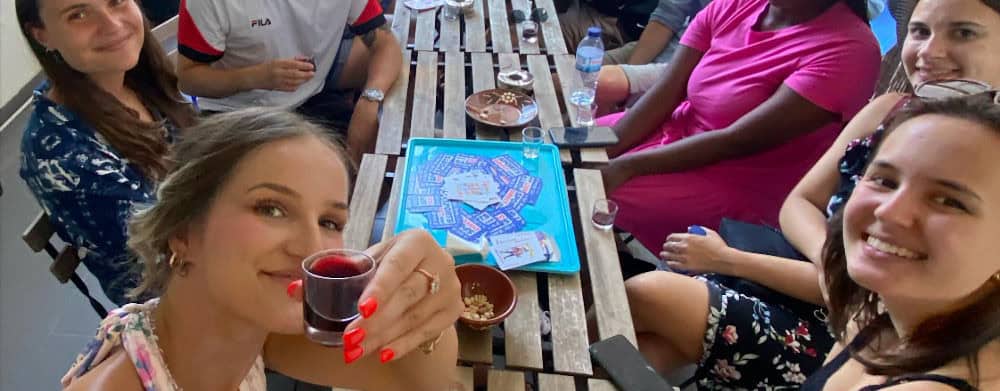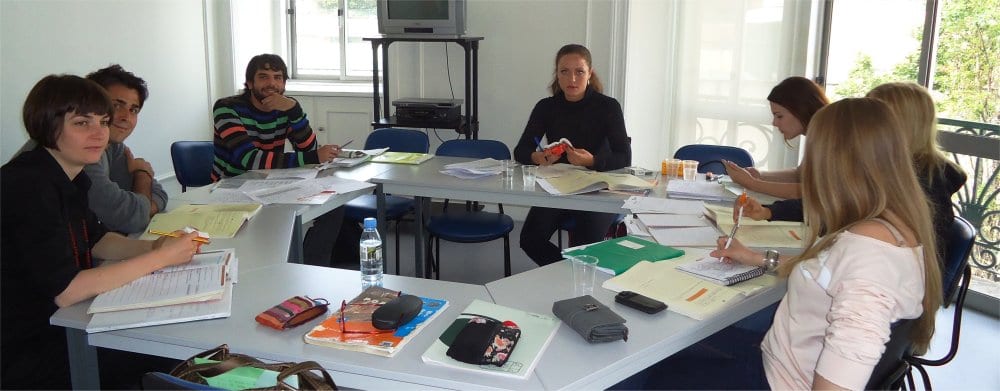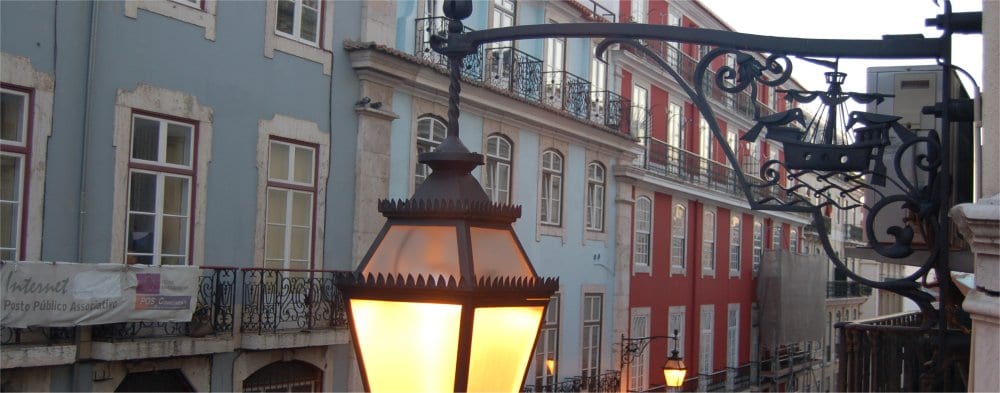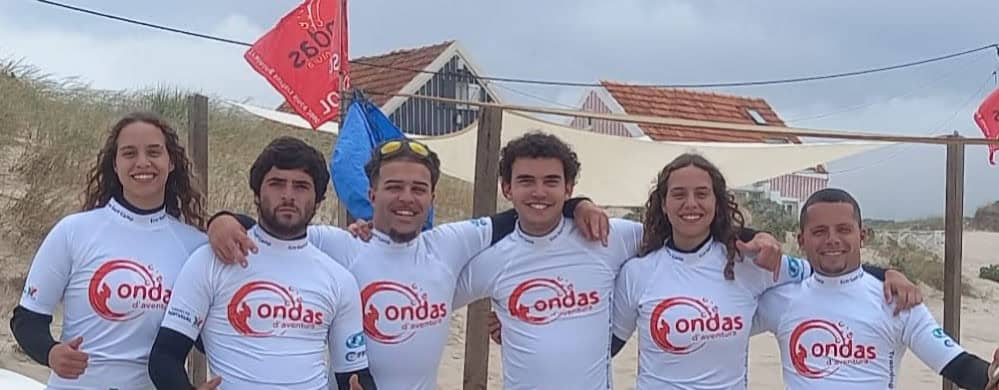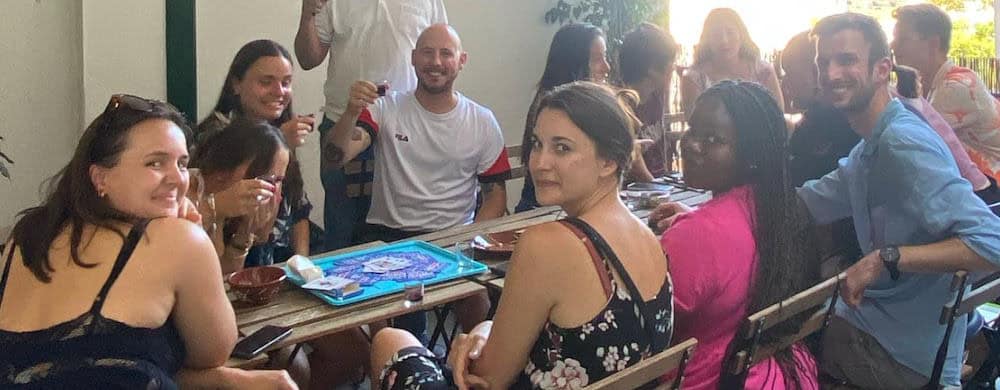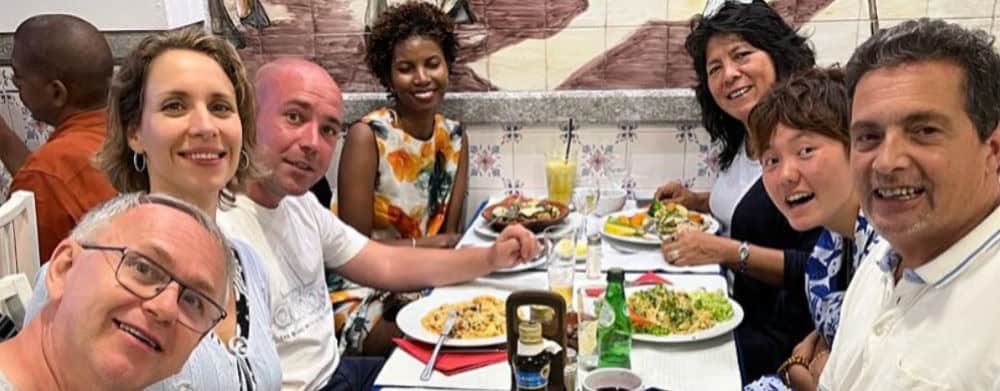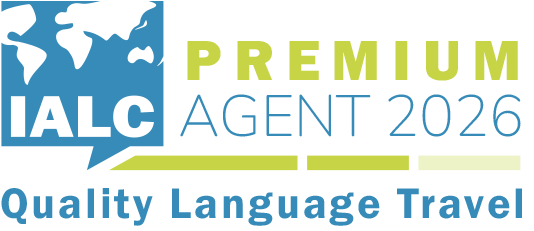Learn Portuguese in Lisbon: Teaching
Let’s get you speaking Portuguese in Lisbon!
Ability Levels / Rate of Progress
Of course, you will cover the four core skills, to develop all the essential Portuguese language skills.
The courses are designed to develop a solid global command of the language, starting from your current level of ability. The curriculum is structured on six theoretical language levels, with a natural duration of 60 lessons at each level (4 weeks duration on a Standard Course, 15 lessons per week/per level). In reality some students will progress faster than others; depending on aptitude, prior language skills or other languages studied, focus during the programme etc.
General description School’s Levels CEF Levels
| A1 & A2 levels |
| School levels: Beginner (I) & Elementary (II) Approximately four weeks per level (I) & (II) Allow 60 lessons to cover the syllabus for each level, or 120 lessons to complete A2 level, from beginner level. |
| Elementary Covering key conversational abilities and basic grammar structure to enable students to communicate in everyday situations |
| B1 & B2 levels |
| School levels: Pre-Intermediate (III) & Intermediate (IV) Four weeks+ per level (III) & (IV) Allow 60 to 80+ lessons to cover the syllabus for each level, or 120/160+ lessons to complete B2 level, as a student starting from the beginning of B1 level. |
| Intermediate Emphasis is placed on further development of grammar with reference to the tenses and conversation skills (and at Level III, introduces the subjunctive) |
| C1 & C2 levels |
| Pre-Advanced (V) & Advanced (VI) Four weeks + per level (V) & (VI) Allow 80+ lessons to cover the syllabus for the complete C1 level, as a student starting from the beginning of C1 level. |
| Advanced Dealing with commonly confused structures, word building, and the elimination of any errors and any deficiencies in grammatical structures, encouraging fluency in conversation |
The methodology is the result of years of experience in teaching Portuguese. Special importance is given to the communicative aspect of the language and its use in everyday life. For this reason, the college encourages students to speak Portuguese in class, and whenever possible out of class as well. One lesson = 50 minutes
In reality students chose to attend a short course or a longer “Languages for Life” programme, according to their linguistic goals, personal wishes and time constraint.
Portuguese Teaching Methods
Classes at the Portuguese school in Lisbon combine grammar with practise of the 4 skills – reading, writing, listening and, of course, speaking. We understand that the word “grammar” doesn’t’ appeal to everyone! But the basics have to be covered, as they offer a way of building knowledge and retaining it, not just for the duration of your course, but in the years to come. Your power of recall will be so much better if you understand the tools that pull the Portuguese language together. The school’s teachers know a lot about classroom dynamics and are careful to create an inclusive atmosphere in which students have the confidence to talk Portuguese. Of course confidence and plenty of practise are the keys to success.
Grammar Skills & Vocabulary
This is the core part of the course in which students study the grammar, vocab and skills corresponding to each level as set out in the above syllabus. Course material is closely controlled so learning is organized and varied too.
Conversation
As for most people this is both the most challenging and the most desirable skill, most of the courses contain this module which gives students the chance to train accessing new knowledge for active incorporation into their own speech.
Private Tuition
Participants can decide on the content of their private tuition themselves or ask their teacher to devise a programme most suited to their needs. All students taking private tuition are welcome and indeed encouraged to submit information on the content and focus required from the lessons, in advance of arrival so their lessons may be planned accordingly.
African and Brazilian Private Tuition:
Specific materials and experienced teachers of Brazilian and African origin or background
Students not only learn the characteristics of the chosen variant of Portuguese, but will also receive information relating to the social and economic traits of that country.
Class Materials
Text books, supplied by the school for student use – according to language level.
End of Course Certificate
Certificates are awarded to students who have attended classes on a consistent basis, actively participated in class and completed required class examinations and homework. The language school has developed its own examination scheme and their Attendance and Completion Certificates are widely known and recognised.
Attendance Certificate: Awarded across all levels & courses
Completion Certificate: Awarded across all levels after written test, if achieving a 75% grade or above
Levels and groups
To guarantee adequate progress, it is vitally important that students are placed in a group that corresponds with their knowledge of Portuguese. This is only possible if the language school guarantees groups of all levels of learning. After making a careful initial evaluation of each student’s ability, the Lisbon school follows up their placement with regular control testing.
Class Size
The smaller your learning group, the more personalized your course will be. The maximum amount of students per group is 8. The average number of students per group is 5 in low season and 7 in high season, with a maximum of 8 students per class.
Class Duration
The school staff are quite strict about classes starting punctually so no class time is lost.
At the school in Lisbon, lessons run from Monday to Friday and are 50 minutes long.
Portuguese Exam preparation
Students whose dates fit can opt to do a preparation course for the official CAPLE exams which test students’ level of competence in Portuguese, organised by Lisbon University, which are recognized world-wide. These are organized according to the European Framework of Languages (A1, A2, B1, B2, C1, C2). The school offer private tuition for specific pre-exam course offered leading up to the exams. The exams are held in May, July and November each year.
Students can also prepare for the Brazilian CILP Certificate in Lisbon – which can be sat at the school, and prepared for with Brazilian teachers, on request.
First Day
Arrival at school for all levels: 09.00 hrs
Language level tests are held first thing to determine your class placement.
You’ll then meet the school team, receive your course details and get shown around the school.
The school aim to offer at least one class on the first Monday, but this may not always be possible, depending on the number of students arriving that week. Lessons will therefore start in earnest from Tuesday onwards.
We’ll explain who is in charge of which part of your language stay and give you a few basic school rules and pieces of advice. We’ll explain the diploma system including an explanation of the school policy regarding grading, levels and attendance. Finally, we’ll take you through the programme of activities arranged for the duration of your stay.
Timetable for Standard Course
| First Week | Subsequent Weeks | |
| Sunday: | ||
| Arrival in Lisbon | ||
| Monday: | Monday: | |
| Welcome/Tests/One lesson Lessons: 09.00 / 12.00 hrs |
Lessons: 09.00 / 12.00 hrs | |
| Tuesday to Friday: | Tuesday to Friday: | |
| Lessons: 09.00 / 12.00 hrs | Lessons: 09.00 / 12.00 hrs | |
| Saturday: | Saturday: | |
| Free Day | Free Day/Day of Departure | |
| Sunday: | Sunday: | |
| Free Day | Free Day | |
Timetable for the Standard Course: 09.00 to 12.00 hrs throughout the year.
Timetable for the Standard Plus Course: 09.00 to 12.00 and 13.00 to 14.45 hrs throughout the year.
Timetable for Private Tuition: Generally from 14.00 hrs + Can also be timetabled for AM, on request (subject to tutor availability)
Lisbon School Teachers
All of the teachers are native Portuguese and they are all full time Portuguese teachers (generally 25 to 45 yrs of age). There are 10+ teachers in the school, all trained to teach Portuguese as a foreign language. They use the Portuguese school syllabus, a tried and tested method developed based on personal experience and the vision of the school’s own teaching experts.
Lisbon School Students
Students come from all over the world, predominantly Europe, but also from as far afield as Australia, China, Japan and the USA. Fundamentally, if you want to learn Portuguese – you’re welcome. Age wise students are accepted from 16 yrs of age, but generally students are in their 20s, 30s or older and the school is not ageist – everyone is welcome.
There are many students that stay for one or two weeks and some who stay for 12 to 24 weeks+.
The longer you stay the better your Portuguese language skills will be!
